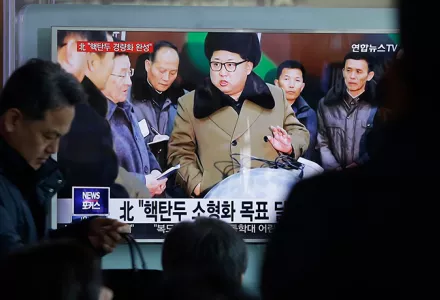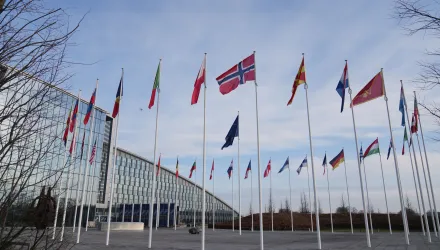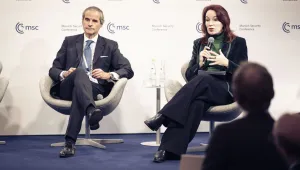A Brief History of Nuclear Weaponization
Speaker: Amit Grober, Research Fellow, International Security Program/Project on Managing the Atom
How fast can a state develop a nuclear device? How do nuclear weapons programs evolve from political decisions? The issue of “nuclear latency” has been widely studied. Yet, the nonproliferation community has endorsed a single measure for latency - the capability to produce fissile materials (highly enriched uranium or plutonium). A direct consequence is that scholars, policy-makers, and nonproliferation experts sometimes trivialize or underestimate the preconditions and requirements of “weaponization” – the robust process of developing, manufacturing, and testing an initial nuclear explosive device. The seminar will draw on multiple historical case-studies to provide insights into the dynamics of nuclear weaponization and will explore their relevance to current nonproliferation policies.




